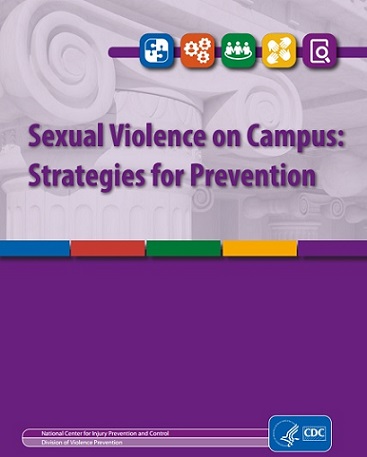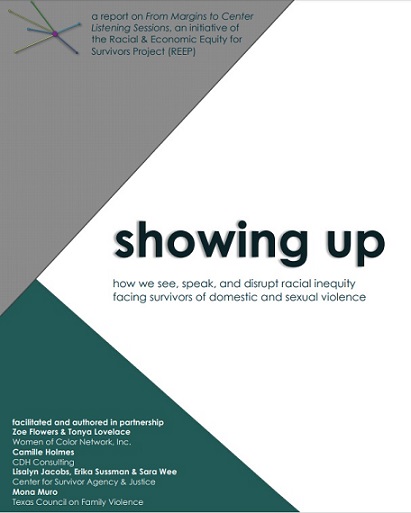Start a Search:
Author: Action Alliance
Sexual Violence in Later Life
This four page document outlines specific information on the broad range of offenses perpetrated against people age 60 and beyond, and discusses how advocates can respond to the special needs of older sexual violence victims.
Sexual Violence in the Lives of African American Women
Black women’s sexual victimization has occurred in a unique sociohistorical context. This applied research document published by VAWnet provides an historical overview of institutional sexual violence perpetrated against Black women beginning with the enslavement of Africans and continuing to the present day. Risk factors, the physical and mental health consequences, culturally sensitive responses, and the resilience of Black survivors are discussed.
Sexual Violence on Campus: Strategies for Prevention

The Centers of Disease Control and Prevention recently released Sexual Violence on Campus: Strategies for Prevention. This tool offers an overview of how to approach sexual violence prevention on college campuses with real-world examples from the field.
Click here to access the document.
Showing Up: How We See, Speak, and Disrupt Racial Inequity Facing Survivors

(as originally posted by the Center for Survivor Agency & Justice)
In September 2017, REEP facilitated seven From Margins to Center Listening Sessions to facilitate dialogue across the field on racial and economic equity for survivors. This report dialogues-back with the community that contributed to the From Margins to Center Listening Sessions. It shares themes and issues from Listening Session conversations via text, graphics and illustrations in order to aid in self-reflection, challenge dominant narratives, support improved data collection and analysis, and to begin, continue, or advance conversations and work toward racial equity for domestic and sexual violence survivors and for all of us.
Sisters of Color Ending Sexual Assault
Sisters of Color Ending Sexual Assault - SCESA’s overall fundamental principal is to give voice and develop action strategies that incorporate and address the multiple layers of discrimination that are faced by Women of Color and Communities of Color.

